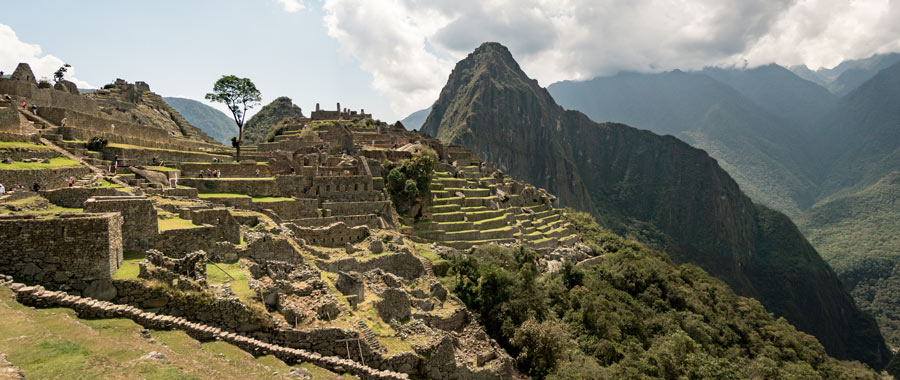The teachings of the Bahá’í Faith advocate for the recognition and reverence of the profound spiritual truths encapsulated within indigenous religions. This appreciation extends beyond mere acknowledgment; it encompasses an intricate understanding of how these beliefs contribute to the broader tapestry of humanity’s spiritual journey. In this exploration, we will unpack several dimensions that illustrate the interconnectedness between Bahá’í principles and the spiritual tenets of indigenous religions.
Firstly, it is essential to delineate the core principles of Bahá’í teachings. At its foundation lies the belief in the oneness of humanity, emphasizing that all world religions originate from the same divine source. Bahá’ís stress the importance of unity, love, and respect among diverse cultures and belief systems. This principle invites adherents to appreciate the wisdom found within the spiritual narratives of indigenous peoples, who have cultivated a rich repository of traditions that speak to universal truths.
Indigenous religions often reflect a deep connection to the Earth, positioning nature as a sacred entity. This perspective aligns closely with Bahá’í teachings that advocate for environmental stewardship and the interdependence of all life. The reverence for natural elements—not merely as resources, but as manifestations of the divine—underscores an essential truth recognized by both Bahá’ís and indigenous believers. In this light, Bahá’í teachings encourage an ecological consciousness that promotes meditation, reflection, and action on behalf of the planet.
Another significant aspect of indigenous religions pertains to their rich oral traditions and storytelling practices. These narratives often serve as vehicles for imparting wisdom and ethical guidance, encapsulating the collective experiences of a community. Such storytelling parallels the Bahá’í emphasis on the importance of education and the transmission of knowledge. Storytelling within indigenous contexts is not merely entertainment; it is a means of cultural continuity and a method for instilling moral values, serving as an important reminder of the collective responsibility toward future generations.
Furthermore, indigenous spiritual practices often emphasize the significance of community and collective identity. This stands in stark contrast to more individualistic approaches that can be found in certain philosophies. The Bahá’í Faith also prioritizes community, recognizing that the spiritual and social dimensions of life are deeply intertwined. By fostering unity within communities, members are encouraged to engage in service and collaboration, enhancing the communal fabric. This shared commitment to collective well-being echoes the core teachings of both indigenous and Bahá’í belief systems.
The concept of revelation is another critical area where Bahá’í teachings find resonance with indigenous perspectives. Many indigenous cultures possess beliefs in continuous revelation, wherein spiritual truths are revealed progressively, accommodating the evolving conditions of humanity. Correspondingly, Bahá’ís uphold the idea of progressive revelation, positing that divine guidance has been bestowed upon humanity through successive messengers throughout history. This understanding fosters a respectful dialogue between cultures, allowing for a rich exchange of spiritual insights that can enhance the collective understanding of truth.
Moreover, the principles of justice, equity, and compassion are prevalent themes within both the Bahá’í Faith and indigenous religions. Justice, particularly, is regarded as a foundational principle. Indigenous spiritualities often advocate for the rights of marginalized voices and the importance of social harmony, paralleling the Bahá’í commitment to social justice. This common ground provides opportunities for collaboration and solidarity in the pursuit of a more equitable world, as both frameworks underscore the necessity of compassion in human interactions.
Bahá’ís are also encouraged to cultivate humility in approaching the spiritual beliefs of others, an attitude that is reflected in the respect for indigenous wisdom. This humility is vital in recognizing the depth and richness of indigenous spiritual traditions, which have often been overlooked or misrepresented in contemporary discourse. By approaching these teachings with reverence, Bahá’ís acknowledge the inherent dignity of indigenous cultures, celebrating their contributions to the collective understanding of spirituality.
In addition, the Bahá’í commitment to interfaith dialogue serves as a bridge to foster understanding between different faiths, including indigenous religions. Engaging in discussions that honor diverse beliefs enhances mutual respect and can lead to collaborative efforts aimed at addressing contemporary societal challenges. This commitment to dialogue is essential in an increasingly pluralistic world, where the convergence of ideas can pave the way for innovative solutions and deeper insights.
Finally, yielding to the call for inclusivity, it is vital for Bahá’ís to advocate for the recognition and incorporation of indigenous perspectives in global conversations. This entails acknowledging historical injustices faced by indigenous peoples and striving toward reconciliation and healing. Empowering indigenous voices within the Bahá’í community promotes a more comprehensive understanding of the spiritual and cultural milieu that shapes humanity’s journey. This inclusivity not only honors indigenous wisdom but also enriches the Bahá’í narrative as a whole.
In summation, the profound spiritual truths embedded within indigenous religions resonate harmoniously with the tenets of the Bahá’í Faith. By embracing these truths, and seeking to understand their underlying principles, Bahá’ís can contribute to a greater appreciation of the rich spiritual heritage of indigenous cultures. Acknowledging the shared aspirations of all humanity toward unity, love, and peace fosters a richer, more inclusive spiritual discourse, paving the way for transformative change in both individual lives and broader society.
